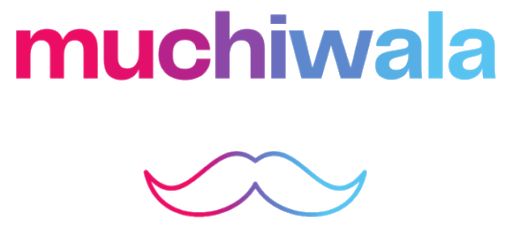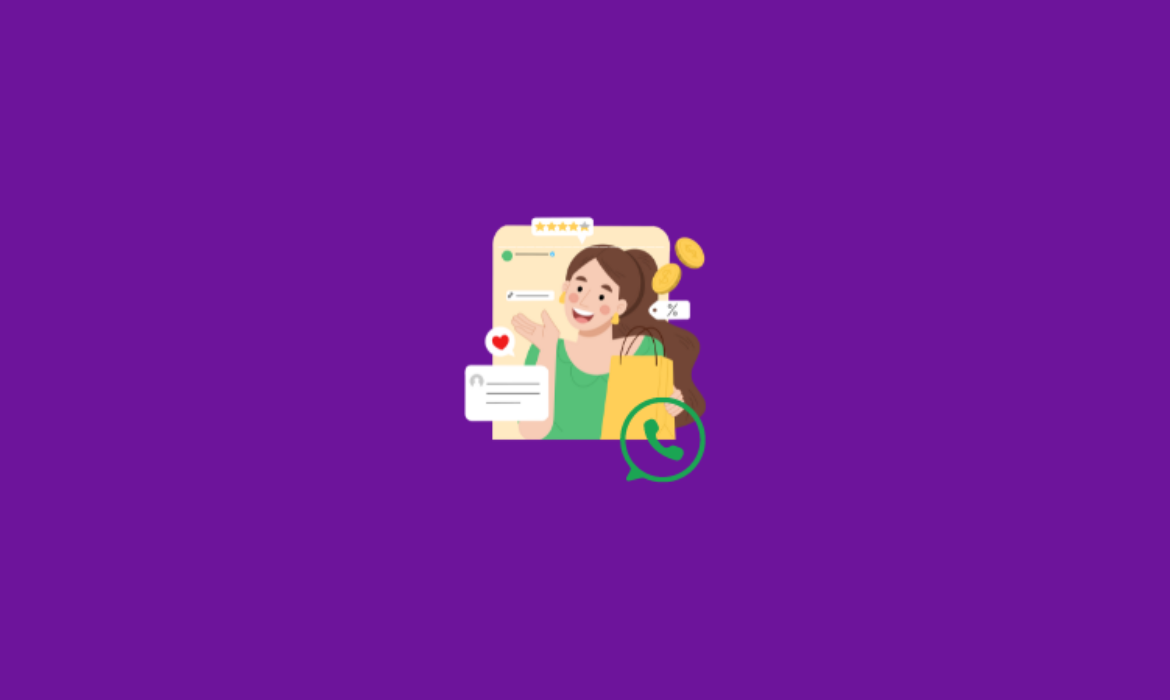Remember the time, when SMS and emails were the only platforms anyone could send or receive messages? Well, as time flies, the world welcomes WhatsApp, a well-known instant messaging app that connects people within seconds. WhatsApp has evolved as a powerful marketing tool, enabling businesses to contact customers in a personal, instant, and proper manner.
Have you ever wondered how can WhatsApp help businesses with various strategies? And if it does, what can it be? This blog contains some of the best practices for WhatsApp marketing in 2024 and business purposes:
What is WhatsApp Marketing?
WhatsApp Marketing involves using the WhatsApp messaging platform to connect with customers, recommend products and services, and build brand awareness amongst the audiences. WhatsApp helps businesses contact their customers both personally and professionally, with the support of over 2 billion users from all over the world. It helps you to send text messages, images, videos, voice messages, documents, location, and many useful other features. It is considered to be a very useful tool for marketing campaigns and promoting businesses digitally. Let us discuss further the best practices for WhatsApp Marketing in 2024 and understand how it is beneficial for your business.
Benefits of WhatsApp Marketing
As WhatsApp is considered the best form of communication, it offers numerous benefits and some of the best practices for WhatsApp Marketing that help businesses achieve their marketing goals in a much more effective and quicker manner. Some of the top benefits of WhatsApp Marketing are as follows:
High Engagement Rates:
There are over 2 billion users from all over the world that use WhatsApp and it ensures an impressive increase in the engagement rate of audiences who are interested in knowing about your business and what you do.
Cost-Effective:
Regarding cost, compared to traditional marketing, WhatsApp marketing is much more efficient and inexpensive than conventional strategies, making the work much faster and more smoothly run.
Personalized Communication:
WhatsApp allows businesses to coordinate with their customers and have one-on-one interactions, making them feel valued and heard about their requirements and opinions.
Security and privacy:
WhatsApp uses end-to-end encryption, ensuring secure communication between businesses and customers.
Instant communication and feedback:
This tool has made the communication process easier than before. WhatsApp enables real-time conversation and instant feedback to customer queries. It makes the business activities run smoothly and effectively.
International contact reach:
With a global user base, WhatsApp allows the opportunity for businesses to reach international audiences with a much easier way to communicate and get the requirements of the audiences effortlessly.
Best Practices for WhatsApp Marketing
Businesses can harness the power of WhatsApp for their marketing efforts by following these best practices for WhatsApp Marketing that will help you create meaningful connections with your audience, drive engagement, and ultimately, achieve your marketing goals.
Build a qualified contact list:
Segment your contact list based on demographics, interests, and behavior. This is one of the most important and best practices for WhatsApp Marketing that allows businesses to communicate with their genuinely interested customers and ensures that your contacts have opted-in to receive messages from you.
Crafting Personalized messages:
This is considered to be the most useful and among the best practices for WhatsApp Marketing. When you are trying to communicate with audiences, try to keep the message short, clear, and interactive. Use rich media content like videos, images, gifs, or stickers when necessary and personalize the message by inter-connecting with audiences’ interests.
Engage in Two-Way conversations:
Quick responses to customer inquiries can eventually lead to customer satisfaction. Use automated messages to manage high volumes of messages efficiently and invite customers to share their feedback and opinions. This not only makes them feel valued but also provides insights into customer needs and areas for improvement.
Utilize WhatsApp Status Updates:
This feature is one of the best practices for WhatsApp Marketing and is used when businesses want to share behind-the-scenes content, product or service launches, or special promotions. This helps the businesses monitor the views and interactions on your Status updates to understand what content incorporates with your audience. The status content shared will automatically disappear after 24 hours.
Leverage WhatsApp Groups:
When a chat group on WhatsApp is created, different audiences or customers from different segments can join the group for any announcements, updates, promotions, sales, launches, or feedback collection. It is like a ‘one-stop-shop’ for the audiences.
Integrate with other channels:
Integrate best practices for WhatsApp marketing with other channels like email, social media, and your website, and use other marketing channels to drive traffic to your WhatsApp. An omnichannel strategy that ensures brand experience at all touchpoints. This is one of the other most important and best practices for WhatsApp Marketing that businesses should focus on.
How to Execute Strong WhatsApp Marketing Strategies
Define Clear Objectives:
The first step is to identify what you aim to achieve with WhatsApp marketing. List down the objectives whether for increasing sales, enhancing customer service, or boosting brand awareness.
Create a Contact List:
Build a list of contacts who have opted in to receive your messages. Ensure this list is updated regularly.
Develop a Content Calendar:
Plan your messaging schedule. This helps in maintaining consistency and ensures you don’t overwhelm your audience with too many messages.
Personalize Messages:
Address customers by their names and tailor messages to their preferences and past interactions.
Leverage WhatsApp Groups:
Create groups for different customer segments or specific purposes like product launches or feedback collection.
Run Promotions and Contests:
Engage your audience with exclusive promotions, discounts, or contests. This not only drives engagement but also helps in expanding your contact list through word-of-mouth.
Integrate with Other Channels:
Ensure your WhatsApp marketing is part of an omnichannel strategy. Interlink your WhatsApp number on your website, social media, and other marketing materials.
Automate When Necessary:
Use chatbots to handle common queries and free up time for more complex interactions. However, ensure there is always an option for customers to talk to a human representative.
Conclusion
WhatsApp marketing offers a powerful way to engage with your audience in 2024. By following best practices for WhatsApp marketing such as obtaining permission, segmenting your audience, and crafting engaging content, businesses can leverage this platform to achieve their marketing goals.
With clear objectives, personalized strategies, and effective use of WhatsApp’s features, companies can create meaningful connections with their customers and drive significant results. Start implementing these strategies today to stay ahead in the competitive digital landscape.
Reach us at [email protected] for more information on WhatsApp Marketing Setup for your Business.

